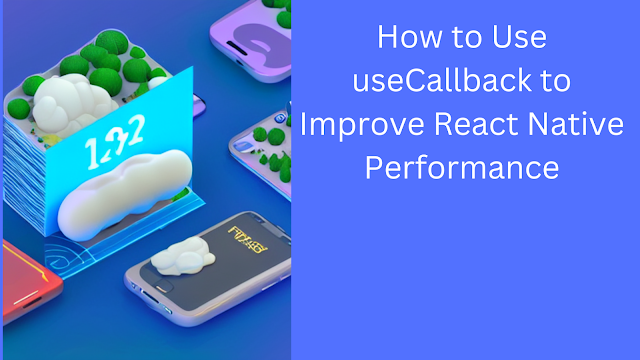Exploring the Latest Trends in React Native Development

Exploring the Latest Trends in React Native Development React Native is a powerful framework for building mobile apps that run on both iOS and Android. In recent years, it has become one of the most popular choices for app developers. With its ability to deliver high-performance apps with a smooth user experience, React Native has quickly become the go-to choice for many businesses. Large community One of the biggest advantages of React Native is its ability to use the same codebase for both iOS and Android. This means that developers can write code once and deploy it to multiple platforms, saving time and resources. Additionally, React Native has a large community of developers who are constantly working to improve the framework and add new features. Hooks One of the latest trends in React Native development is the use of hooks. Hooks allow developers to write functional components that can handle state and side effects, making the code more organized and easier to understand. Additio...

